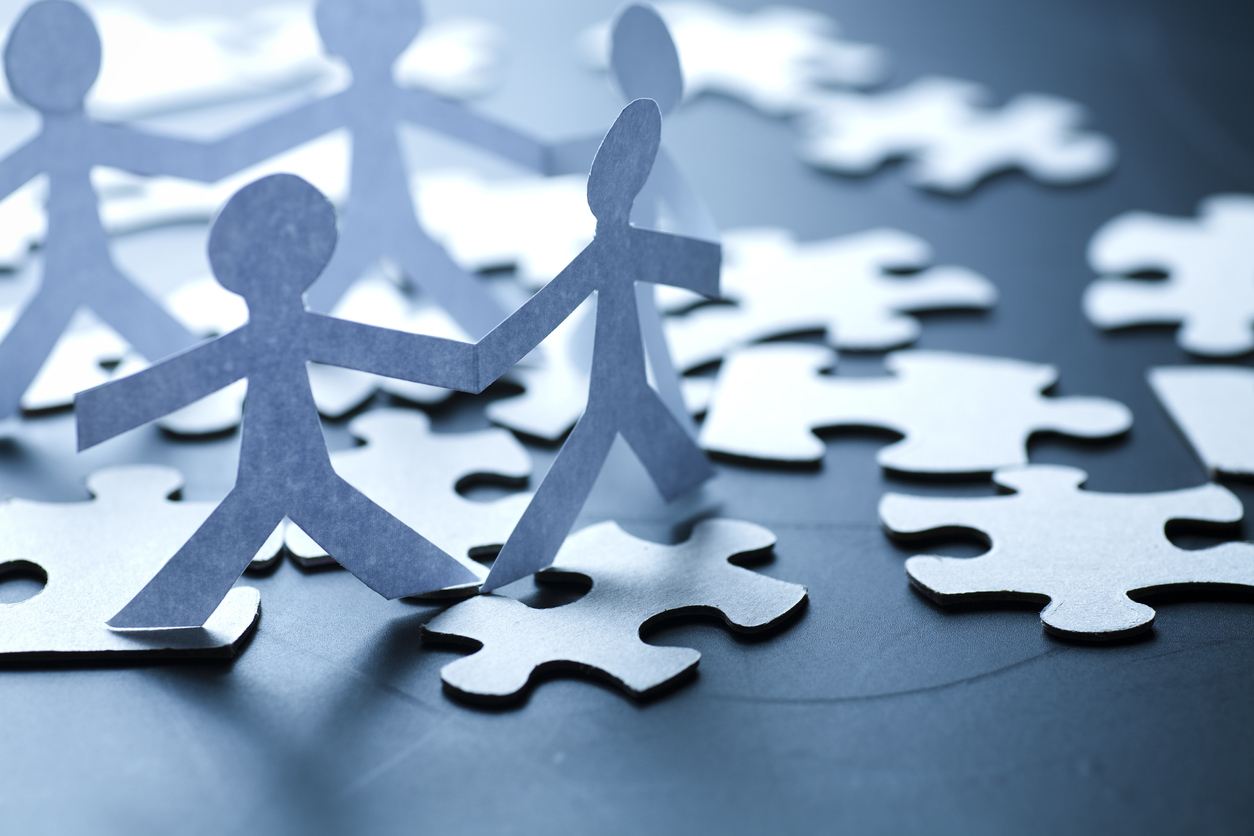We Are All Different from Each Other in Bewildering Ways
People are so very, very different from each other, and at first glance it could be thought a tangled web beyond understanding, a confusing and unsolvable puzzle.
We each have different DNA, a unique epigenome, and vastly different experiences. We know absolutely nothing of most people’s experiences, and we remember less than 1% of our own experiences with any accuracy, if at all.
What difference does it make to understand this condition of chaotic ignorance? It changes our perspective of EVERYONE, including ourselves. Allow me to illustrate:
What Can We Do with Difficult People
Let’s say that you have a boss who is ungrateful and demanding. It seems that to him, nothing you do is right. He is micromanaging, controlling, critical, and—to you, at least—impossible.
How can you change this, which seems like a necessity because you’re hanging on to the edge of your sanity. One possibility is that you could carefully and articulately explain to your boss that his management style is completely unacceptable, and explain what he could do differently.
Surely you are smiling now, because the likelihood of that approach working is somewhat laughable.
So what can you do? You could remember—as we just discussed—that this boss was born with a combination of DNA and epigenetic endowment that you don’t know anything about, and which wouldn’t make sense to you if all the nucleotides and proteins were diagrammed for you in exquisite detail.
And if you were to have a videotape of every moment of this man’s life, the sum would still be an indecipherable jumble.
In summary, you don’t know your boss at all. With all those influences in his life, he may not be capable of the kind and constructive behavior that you’d like to see from him. In wanting him to change, you may be asking a pig to sing, and if so, who is the fool?
Accepting Difficult People
So we’re back to what you can do, which is a lot. You can develop your own ability to accept and love him, and then give him the support and caring that he undoubtedly needs.
He already senses your disapproval. Instead make a decision to volunteer to help him, and to do exactly the tasks assigned. Then indicate with your tone, facial expressions and more than you are his ally.
He will feel the difference. You do NOT do this to change him. All your support might not make any difference at all, but it’s the only thing that will. And in the process of giving, you always benefit secondarily.
This change in perspective and in behavior is the only way to go with difficult situations with your spouse, children, friends, co-workers, and more. You’ll never understand everything about anyone, but you don’t need to.
You CAN understand that every human being needs to be accepted and loved, so why not act on that knowledge? You immediately win by being more loving and connected to the love of the entire universe.
And you just might transform the person you are loving. It’s not a bewildering puzzle. Loving is a simple and powerful influence that benefits everyone who touches it.
Summary
People are all very different from each other, to the point of being bewildering to us.
A complete understanding of others, and a desire to change them, will never work.
Acceptance and love are two perspectives and behaviors that ALWAYS benefit us and—sometimes—the people around us.


